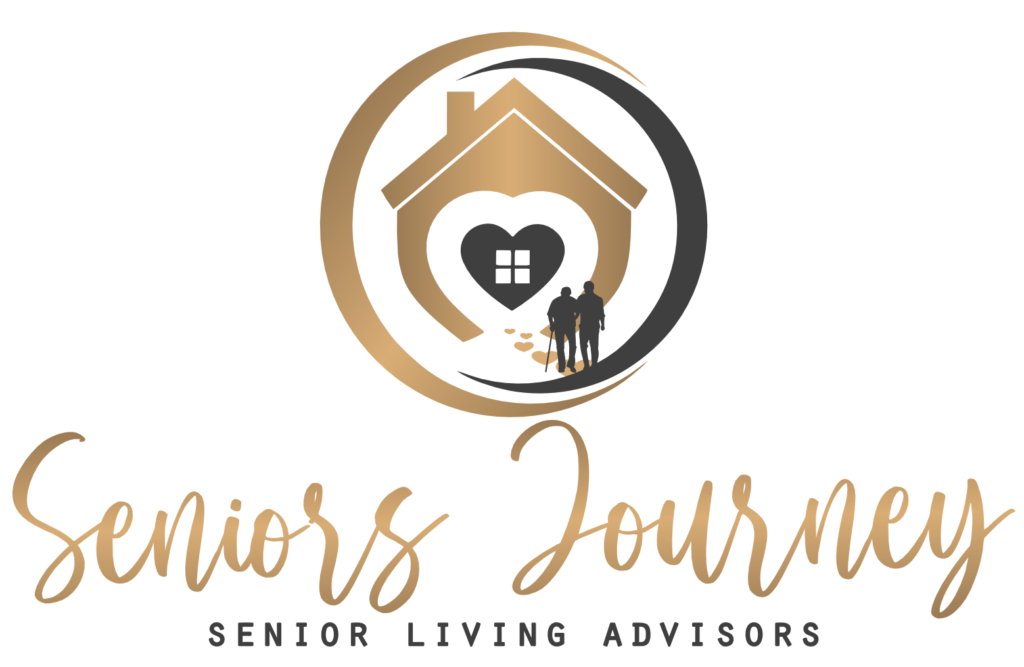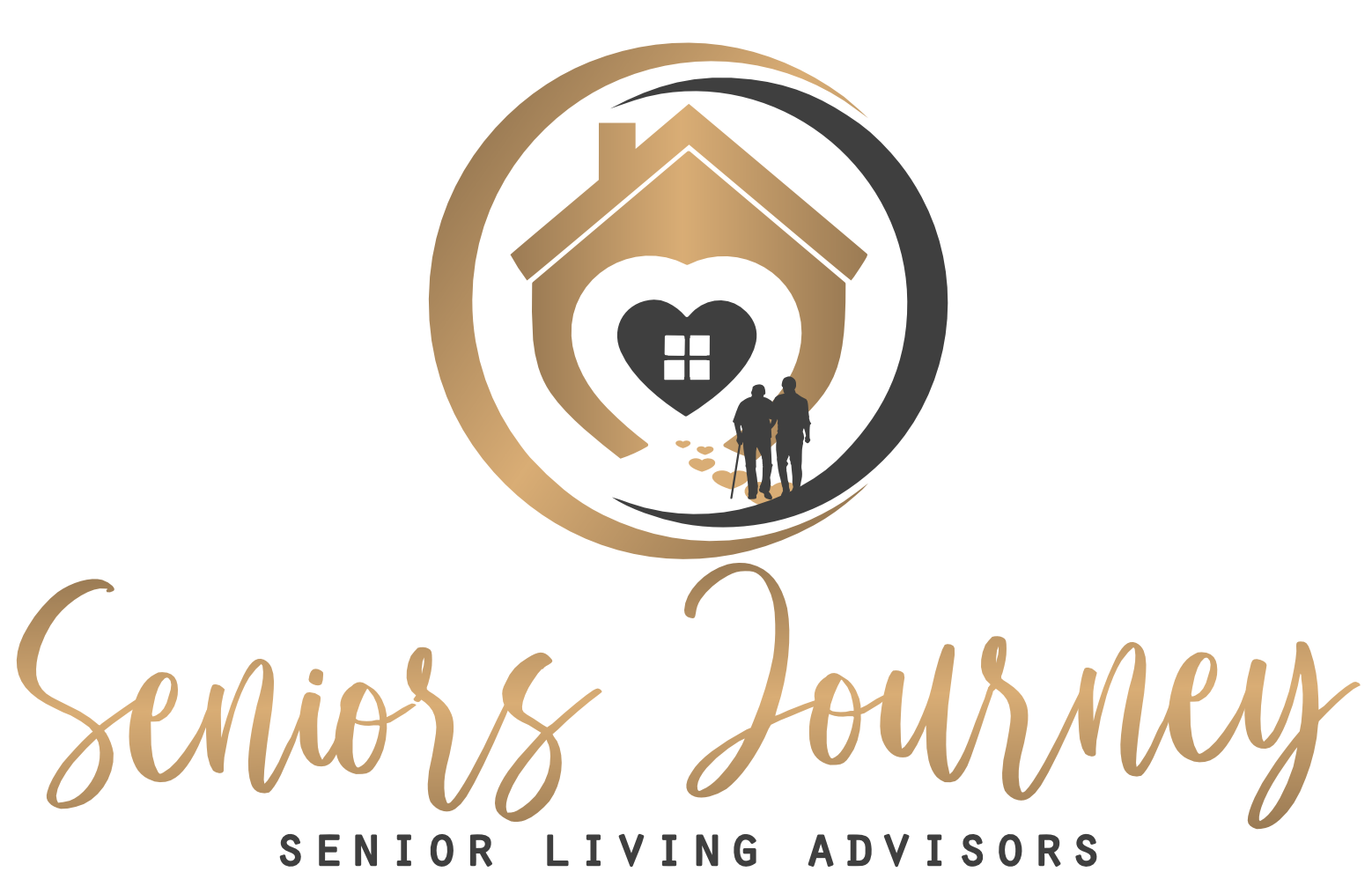When it comes to entrusting the care of our loved ones to a non-medical home caregiver, ensuring that they are properly licensed and qualified is paramount. While it may be tempting to hire an unlicensed caregiver due to convenience or cost considerations, there are significant potential consequences that must be carefully considered.
- Compromised Quality of Care: Unlicensed caregivers may lack the necessary training, skills, and expertise required to provide high-quality care to seniors and vulnerable adults. Without proper training in areas such as first aid, medication management, and infection control, unlicensed caregivers may inadvertently jeopardize the health and safety of their clients. Moreover, they may lack the knowledge to recognize and respond effectively to medical emergencies or changes in health status, putting their clients at risk of adverse outcomes.
- Legal and Financial Risks: Hiring an unlicensed caregiver can expose both the care recipient and their family to legal and financial liabilities. In the event of negligence, injury, or misconduct on the part of the caregiver, the care recipient may suffer harm, leading to potential lawsuits or legal disputes. Additionally, if the caregiver is injured while providing care in the client’s home, the client may be held liable for medical expenses and other costs, particularly if the caregiver is uninsured or underinsured. Furthermore, if the caregiver engages in financial exploitation or fraud, the care recipient may incur significant financial losses or asset mismanagement.
- Lack of Accountability and Oversight: Licensed caregivers are typically subject to regulatory oversight and accountability mechanisms that help ensure compliance with established standards of care and ethical guidelines. In contrast, unlicensed caregivers may operate without any oversight or supervision, making it challenging to hold them accountable for substandard care or misconduct. Without a formal mechanism for complaints or grievances, care recipients may have limited recourse in addressing concerns or seeking redress for any harm or mistreatment experienced.
- Ethical and Professional Concerns: Hiring an unlicensed caregiver may raise ethical and professional concerns regarding the quality and integrity of care provided. Professional caregivers are bound by ethical codes of conduct and standards of practice that prioritize the well-being and dignity of their clients. Unlicensed caregivers may lack awareness of these ethical principles or may prioritize personal convenience or financial gain over the best interests of their clients, potentially compromising the quality of care and eroding trust in the caregiving relationship.
In summary, while hiring an unlicensed non-medical home caregiver may seem like a cost-effective solution, the potential consequences far outweigh any perceived benefits. To ensure the safety, well-being, and dignity of our loved ones, it is essential to prioritize hiring licensed caregivers who possess the requisite training, qualifications, and accountability mechanisms to deliver high-quality care with compassion and professionalism.

